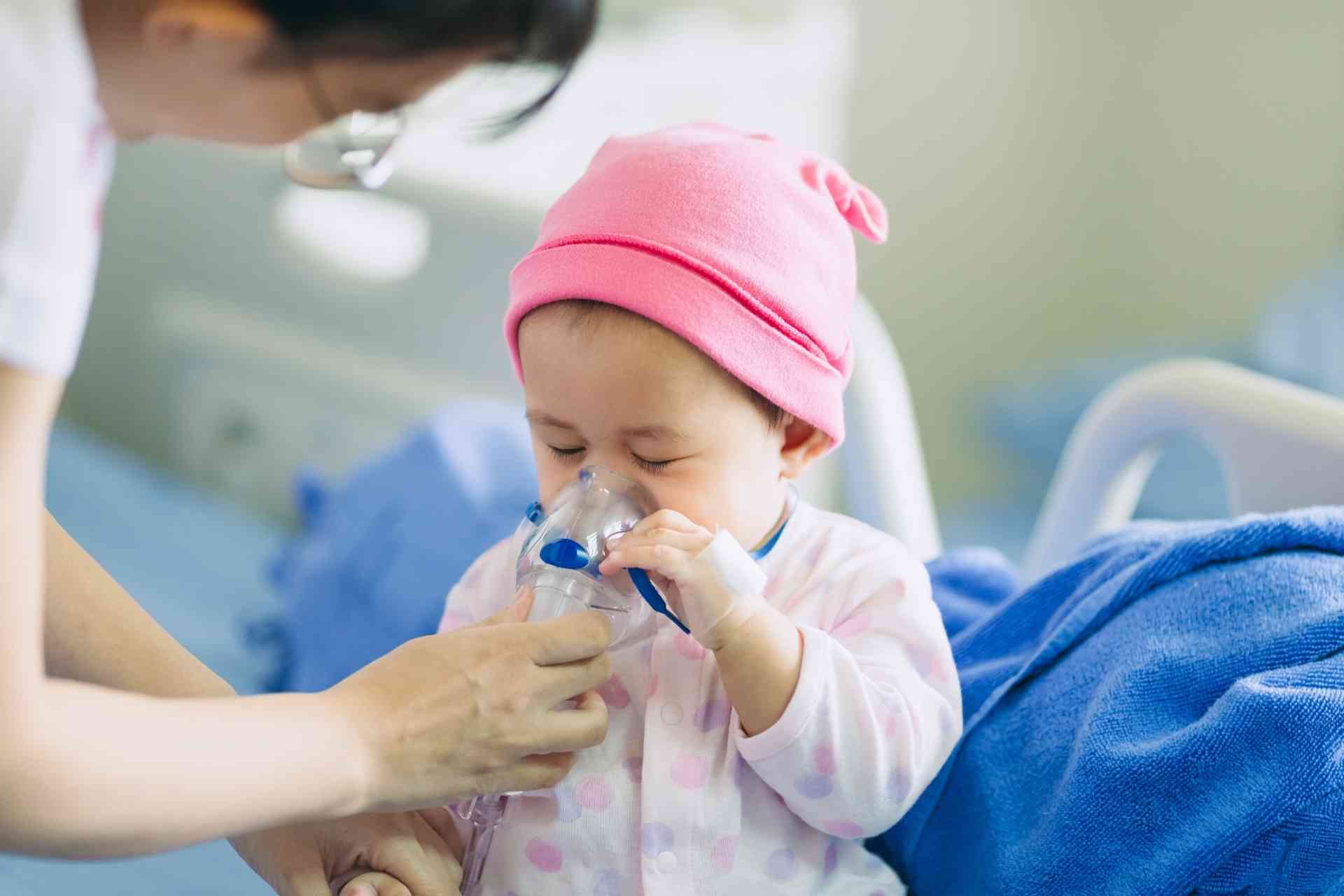What is already known on this topic
In the United States and Europe, more than 7,500 children receive bone marrow transplants every year to treat blood cancers and other blood-related conditions. But up to 40% of these children develop life-threatening lung infections or injuries after transplant.
What this research adds
By examining lung function and lung microbiota composition in 104 children with leukemia or other blood conditions, researchers found that children with altered lung microbiota — such as lower-than-average levels of Haemophilus bacteria — showed signs of scarring in their lungs, difficulties with absorbing oxygen and other damages. These children also had an increased expression of genes involved in tissue scarring and in the activation of alveolar epithelial cells, the cells lining the tiny air sacs that allow for gas exchange in the lungs. These microbial and gene expression changes could predict mortality after bone marrow transplantation better than tests of lung function alone, the researchers found.
Conclusions
The findings may explain why some children with blood diseases tend to have lower survival rates after bone marrow transplants. They could also help to predict and prevent poor transplant outcomes.
In the United States and Europe, more than 7,500 children receive bone marrow transplants every year to treat blood cancers and other blood-related conditions. But up to 40% of these children develop life-threatening lung infections or injuries after the procedure. New research suggests that lung-dwelling microbes can affect the success of bone marrow transplants in children.
The findings, published in Science Translational Medicine, could help clinicians to predict and prevent poor transplant outcomes.
Scientists have known that lung-dwelling microbes play key roles in health and disease. Imbalances in the lung microbiota have been associated with a range of diseases, including cystic fibrosis and asthma.
Studies have also showed that lung diseases account for more than 15% of deaths after bone marrow transplant in children. To see why, Matt Zinter at the University of California, San Francisco, and his colleagues examined lung function and lung microbiota composition in 104 children with leukemia or other blood conditions who were about to receive a bone marrow transplant.
Microbial imbalance
More than half of the children had poor lung function before receiving the transplant, which was linked to a higher risk of death after the procedure. These children had altered lung microbiotas, the researchers found. In particular, they showed lower-than-average Haemophilus bacteria in their lungs, and an increased expression of genes involved in tissue scarring and in the activation of alveolar epithelial cells, the cells lining the tiny air sacs that allow for gas exchange in the lungs.
Children with altered lung microbiotas showed signs of scarring in their lungs, difficulties with absorbing oxygen and other lung damages.
This result supports previous findings that children with altered lung microbiotas are more likely to die from bone marrow transplantation than children with normal lung microbiotas, the researchers say.
Predicting outcomes
The microbial and gene expression changes observed in children could predict mortality after bone marrow transplantation better than tests of lung function alone, the researchers found.
The team also discovered substantial sex differences in lung function. Although study participants of both sexes had worse-than-average lung function, girls had a more pronounced decrease in the total volume of air that the lungs are able to hold, as well as more difficulties with absorbing oxygen, whereas boys had worse measures of obstructed airflow from the lungs.
Although more work is needed to establish a causative relationship between lung microbiota and lung function, the findings suggest that lung microbes could help to predict the outcome of bone marrow transplants, the authors say.









